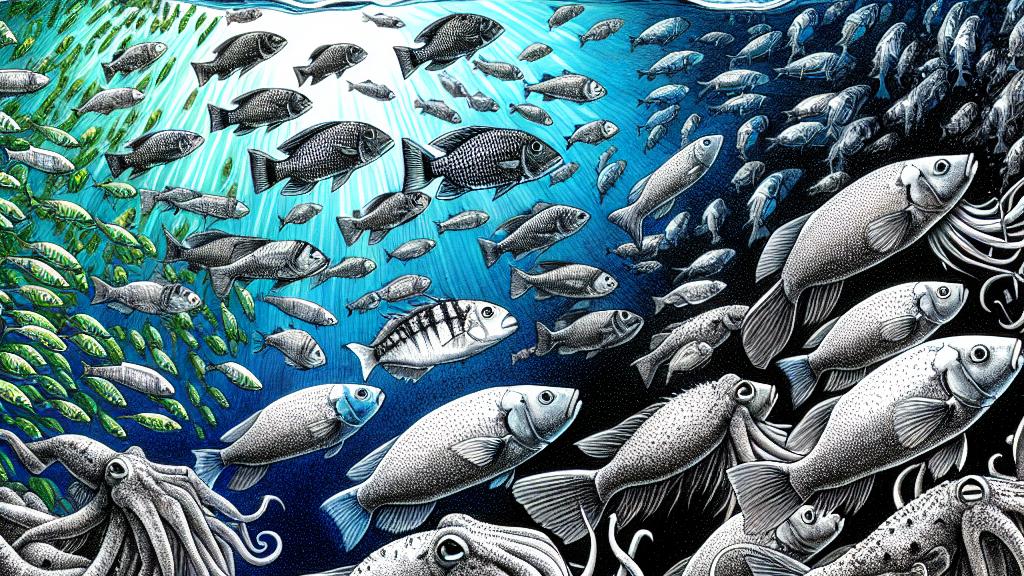The Dual Nature of Aquaculture: Harm or Protection for Animal Welfare
Overview
- The aquaculture industry has experienced explosive growth, but this raises important ethical questions about animal welfare.
- Different aquatic species react uniquely in captivity; some adapt well, while others endure significant suffering.
- Careful selection of species can reconcile animal welfare with the pressing demand for sustainable food production.

The Rise of Aquaculture
Aquaculture is booming, particularly in countries like China, where its size has surged dramatically since the early 2000s. This rapid growth allows for an extraordinary range of species to be farmed—from popular choices like tilapia and salmon to lesser-known creatures like cuttlefish and sea cucumbers. However, the flip side of this expansion is a troubling concern: the welfare of billions of aquatic animals raised in environments that often overlook their specific needs. Studies reveal a crucial point: welfare risks are not the same across species. For instance, vibrant schooling fish and intelligent cephalopods, known for their intricate behaviors, often find it incredibly challenging to thrive in the confined conditions of aquaculture.
Understanding Species-Specific Needs
Delving deeper into this complex issue, specific traits emerge that hinder the welfare of various aquatic species in farm settings. Take the bumphead parrotfish, which can live for up to 40 years and typically travels great distances to forage in the wild. In the confined world of aquaculture, however, these captivating fish are deprived of their natural behaviors and complex social interactions. Similarly, lobsters, renowned for their ability to build intricate shelters, find themselves compromised in farms where their instinctive behaviors go unmet. On a positive note, some species like seaweed and oysters exhibit remarkable flexibility and can be farmed with minimal distress. This underscores a pivotal opportunity: by prioritizing species that naturally adapt to captivity, the aquaculture industry can significantly mitigate welfare issues, all while continuing to provide healthy, affordable food options for consumers.
A Sustainable Path Forward
A critical shift towards better animal welfare practices is already noticeable, evidenced by states like California and Washington, which have taken proactive steps to ban octopus farming. This reflects a growing societal consciousness regarding the ethical treatment of all creatures. Identifying and promoting species more compatible with aquaculture environments is key to transforming the industry for the better. By employing farming practices that respect the natural inclinations and needs of aquatic animals, we can strike a balance between humane treatment and sustainability. Thus, fostering a compassionate aquaculture sector not only enhances the welfare of aquatic species but also contributes to a healthier ecosystem and a sustainable model for feeding our global population. Ultimately, it illustrates the profound truth that animal welfare and efficient seafood production can indeed go hand in hand.

Loading...